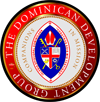Bishop Coadjutor-elect Quezada’s Answers to Search Process Questions
Posted August 8, 2015
During the search process, a set of questions was asked of all of the nominees for the position of Bishop Coadjutor of the Diocese of the Dominican Republic. Below are the answers, along with some biographical details, that were submitted by the Rev. Moisés Quezada Mota, who was elected Bishop Coadjutor on July 25, 2015. This English translation is by Luis Enrique Hernández, a member of the congregation of Cathedral La Epifanía (The Cathedral of the Epiphany) in Santo Domingo, where the election was held. The original Spanish text, as published by the Search and Nomination Committee, is at the link below:
https://iglepidom.org/wp-content/uploads/2015/04/quezada.pdf
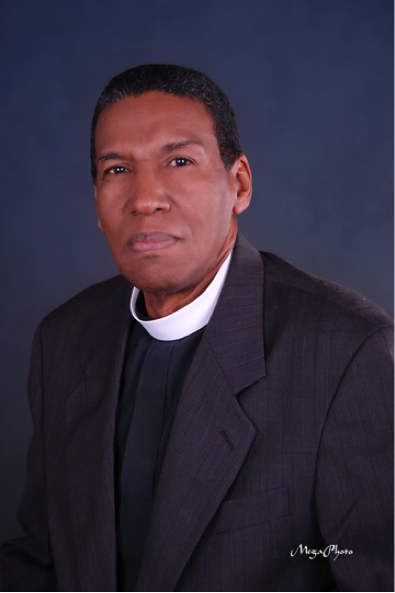
Bishop Coadjutor-elect Quezada
August 15th, 1982: Diaconate
May 22nd, 1983: Priesthood.
Age: 58 years old
STUDIES
1993
Anglican Studies in Codrington College in Barbados
2006
Theology Training in Virginia Theological Seminary
HIGHLIGHTS
Founder of the Social Action and Research Center, sponsored by Ecumenical Planning and Action Center.
Coordinator (Executive Secretary) of the IX Province of The Episcopal Church.
Married to Jeannette Pringle, with whom he has fathered two children: Moises Elias Quezada and Mercedes Alejandrina Pringle.
Vicar of the Churches and Rector of the corresponding Schools: San Esteban, Santa Cruz, Todos Los Santos, La Encarnación, San Andres, Santa Ana, Santísima Trinidad, Jesus Nazareno, El Buen Samaritano, El Buen Pastor, and also of the Transfiguration Convent (Community of the Transfiguration).
DIOCESAN MINISTRY
1) Archdeacon of East and Santo Domingo Deaneries.
2) Professor of Practical Theology, Pastoral Theology, Systematic Theology, Spirituality and Anglicanism in the Center for Theological Studies (CET – Dominican Episcopal Seminary) for over 20 years.
3) Teacher at the Lay Ministers and Vocational Deacons Program in San Pedro and Santo Domingo.
4) Director of the Diocesan Magazine “Christian Renewal”, the TV program “Reflection” and director and host of the radio program “An Appointment with the Lord”.
5) Several times Chairman of the Standing Committee and Vice Chairman of the Executive Board of the Dominican Episcopal Church
6) Cursillo Chaplain
7) Youth Adults Chaplain.
8) Chaplain of the Episcopal Church Men Groups.
9) President of the Commission on Ministry, the Committees of Christian Education, Evangelism, Committee of self-sufficiency and autonomy, Committee for Theological Education, Haitian Pastoral Care, Christian Stewardship, Constitution and Canons, State Committee of the Church, Dispatch Committee, Companionship and Missions Coordinator, Coordinator of the Board of Education.
10) VIA program guide and promoter (VIA Spanish acronym for Living Anglican Identity).
11) Member of the Organizing Committee Pro Formation of the Episcopal Province of the Caribbean.
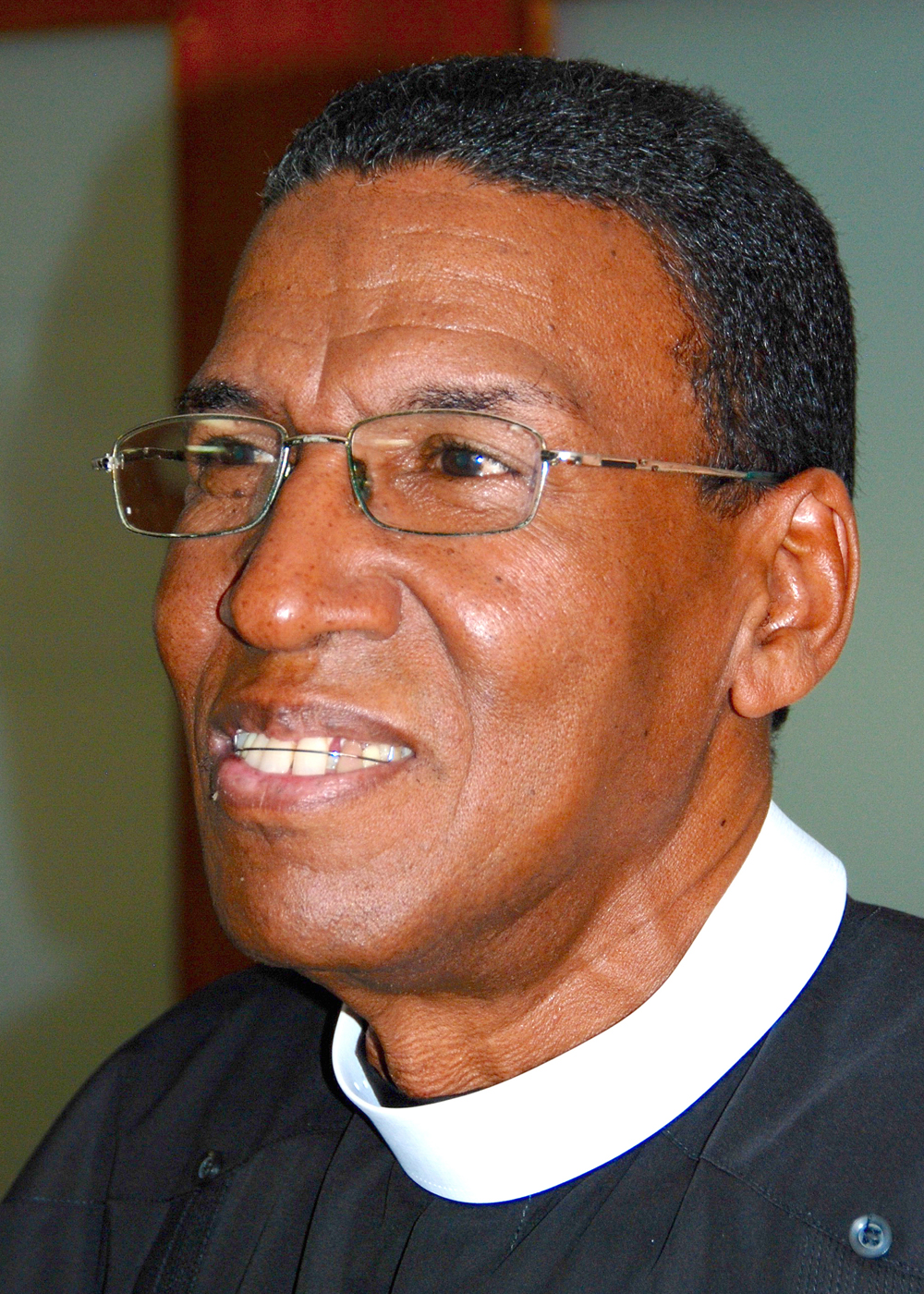
Bishop Coadjutor-elect Quezada
Systematically I have a life of daily prayer, Bible reading, doing Morning Prayer and reading a devotional book selected each year. But I also continue to pray in the mornings and in the nights too. I think there is no spiritual growth without having a spiritual life nor can perform pastoral ministry and preaching without a spiritual life that is always filled with the Spirit.
Likewise I am a regular reader and Bible expositor. I think it is inspired and that God speaks to us today through it. Most of my preaching is biblical and do my pastoral work taking into account the Word of God. When I visit a person, whether of the church or visitor, I always try to take my Book of Common Prayer and my Bible. I always invite my parishioners to take their Bible to church.
My spiritual life has impacted my personal life and my family. The experiences are diverse: readings books, personal and group retreats, personal contacts, liturgical or labor experiences, etc. The spiritual life seen as a personal relationship with God is something that I´ve continuously transmitted to all members of the Church during my ministry, causing many of my parishioners to follow the same path, achieving the transformation of their lives and a close communion with God. Of this doing have given testimony many church members and others outside of the church.
I firmly believe that a Christian must be Christ-centered. I consider Him my Lord and Savior, for that reason I maintain a personal relationship with Him and consider Him my guide and model in all my actions. Jesus is the greatest example of spirituality and the measure of everything we do as pastors and leaders. And so my life has been shaped by Him, always with the help of the Holy Spirit, who makes us have a Christian character.
As I felt the calling from God to be a Presbyter of this Church, I´ve also deeply felt the calling from God to the Episcopate. Is a calling I do have perceived in me; in which I asked God for discernment and direction, according to his will. Sincerely I feel that God has called me to this sacred ministry. I’m completely open to be faithful and serve Him entirely in whatever he wants for the good of his Church and the society. I am aware of the challenges that this represents, but with your help everything is possible. I also feel the ability to develop this ministry by the experience I’ve had in and outside our Diocese, in which I have served God in different ways, always for his honor and glory.
In my personal experience my leadership has been open and participatory. I do teamwork, and have the ability to listen and discuss the vision that the Church should have for their development. I also recognize the gifts God has given to every person in his Church.
I encourage leaders to grow in grace and serve God with love. I think that when leadership is shared, the Church grows spiritually and numerically. I accompany leaders and all members of the Church in any situation, both in sorrows and in joys.
I’ve always tried to give a pastoral example to everyone and especially to leaders and encourage them to act as well. It is especially in so doing where true brotherhood and Christian friendship is shown. Modesty aside, is what I´ve done in the churches that have been in my office and of this can testimony their respective parishioners.
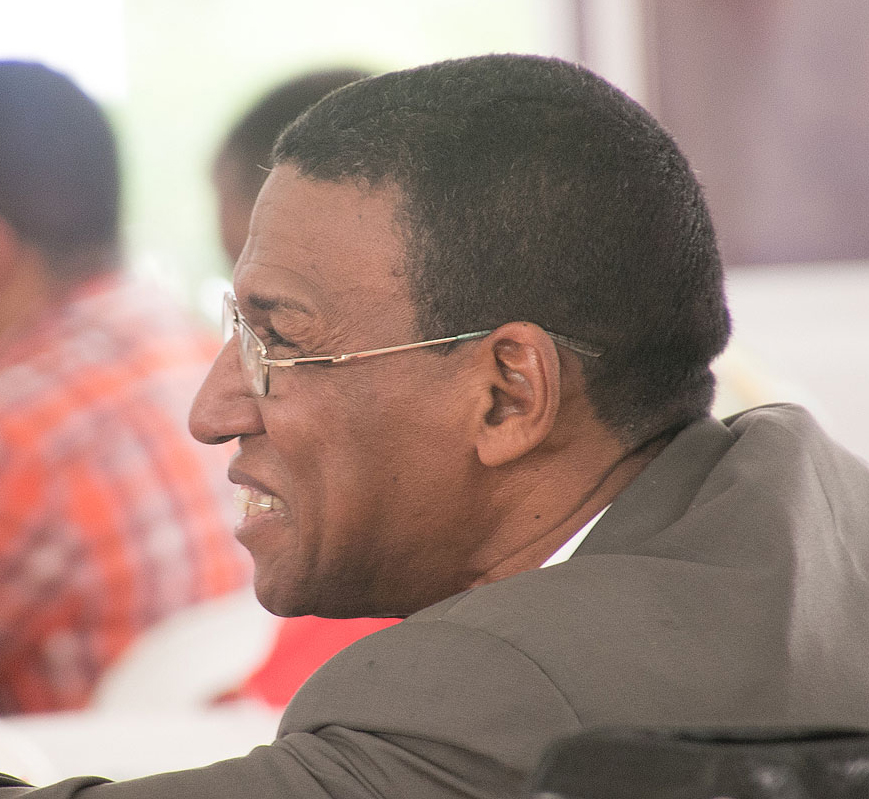
Bishop Coadjutor-elect Quezada
I have always considered very important for the life of the Church the ministry of reconciliation as expressed in the Book of Common Prayer. I’ve implemented it in the Church and in the institutions that have been in my office. In the great and small conflicts where I had to intervene, I´ve always come to prayer for divine guidance, serenity of spirit, to listen and recognize the important points of the conflict, see the mistakes and know how to put in practice the ministry of reconciliation for the good of the parties, including me, if I am part of the conflict.
There are multiple examples I can offer in this respect and that have happened in 30 years of ministry.
There are some cases in which only God has unleashed and healed; there are other cases in which unfortunately no solution has been reached, but in most cases I have seen positive results. God has shown up greatly. Reconciliation has worked, bringing peace and love. Offering this would help to a more effective pastoral ministry and to encourage for not having unnecessary conflicts.
As Bishop it will be my duty to promote collegial functions and mission of the Church, sharing between all the various activities and situations of the Church. It is for this reason that the Bishop should delegate to the clergy and laity some administrative, pastoral, religious and social issues, many of them related to the Diocese or local churches; with ecumenical and social natures. He should also delegate to represent the Diocese in Provincial, Church wide or in activities of other natures abroad. Only to my discretion and when I consider it necessary I´ll do the works pertinent to my pastoral and administrative functions, especially those pertaining my episcopal functions.
The most important function of the bishop is to be the Senior Pastor of the Diocese, in so doing as a bishop he must work to be the pastor of the clergy and his family, pastor accompanying the clergy in their respective missions, pastor attending the church in its various needs and human situations. Pastor for the community and the country in general. These activities will be held in conjunction with the executive functions that the Church makes, administering the Diocese from the National Office.
This will be done according to the canons and administrative protocols, and as has traditionally been done in all the dioceses. Both roles are bound to comply with the Mission of the Church. Both are complementary to good management. Both can enable the objectives of the church to be reached. All these things I have seen in my experience as Vicar. I think a bishop should be overall a good pastor, but I should not see the administrative side as contrary to my diocesan functions.
To make mistakes is human. The Bishop must listen, consider, recognize and fix mistakes, being humble in accepting judgments or critics of others. It is a serious mistake not to do this. The church as a community should be critical, always in a democratic and participatory environment, where there should be respect and the interest to build a church that serves the Mission. We can all make mistakes, but we can recognize our mistakes and renew our actions.

Bishop Coadjutor-elect Quezada
1) When I was in the San Esteban Church it was necessary to make management decisions with some people from the church. I never stopped doing my pastoral work with those affected. This ultimately resulted positive for all parties. I was also the administrator of the University Circle and chaplain of the students who lived in that place. Vicar and Rector of the Church and Santa Cruz school respectively.
2) The same thing happened to me in the San Andrés Church where I had to exercise the pastoral and administrative functions, as the Vicar of the Church and Rector of the school.
3) In the other churches I had both functions. The pastoral work has prevailed. But modesty aside, I could perform the administrative functions with good performance and efficiency.
To perform both I feel prepared. Earlier I mentioned several examples. I think the ministry should prevail, never undermining the other, but knowing how to perform both functions as part of his priestly or episcopal ministry. To perform both functions I´ve been trained in administrative and theological matters. The pastoral function in administrative levels is accomplished when one sets the example, establishes clear role criteria and the admiration and respect of others is earned. He is at the same time their leader and administrator, that has been my example.
The DDG has been a blessing for the Diocese. Many of our churches and institutions have been built thanks to this organization. We have the FOCA [endowment] fund and we receive the support and companionship from our Companion Dioceses. Our ministry and mission in the Dominican Republic is intimately related with the DDG. So, it has great importance in the Diocese’s and particularly in the Bishop’s vision, which is a vision aimed to the expansion and the sustainable economic self-sufficiency of the Diocese. I think that in the case of being chosen as bishop, we will continue to strengthen the relationships with our Companion Dioceses and their uniting body, the DDG, always keeping on agenda priority projects to be presented and to indicate programs that both, the DDG and the Diocese, may be able to develop. Keep the office in Florida for promoting of relations.
The Bishop is Bishop not only of his diocese, but of the whole universal Church, so that their interest should be directed to serve diligently in those designated ministries in the Episcopal Church and the whole Church, both in the Anglican world and in ecumenical movements.
A Bishop must have presence and participation in society, especially in economic, social and political issues. His prophetic voice must be felt when the need arises. It is important that he is aware of what´s happening in the country and the world. He must read and study the social and cultural phenomena. He must make his biblical and theological reflections on these issues and present the Gospel through the light of experience of the Church and the society. He should have meetings with clergy to discuss the most urgent issues of society and to promote the conventions to take positions related to what happens in the country.
I firmly believe in the continued presence of the Holy Spirit in the Church. It is the Spirit who leads us into all truth and guide the Church’s mission in the world. However is to us, with our talents and gifts, to develop that mission.
To accomplish this we have a Diocesan Plan of Missionary Strategy, the continuous training of clergy and laity, especially in Church growth and pastoral care. Targeting our weaknesses and our needs. Thus we must also focus in our potential as Church.
All this should be done analyzing the foundations and the missionary expansion of the Diocese. We must strengthen the Christian Education, lay ministry formation, structuring archdeaconries, creating missionary districts. Encouraging the formation of the cellular ministry (prayer circles). Considering our institutions as missionary media. Using the mass media to publicize the Church. Strengthening existing groups and ministries. Using statistics to study and together with the body of the Church create our missionary strategies.
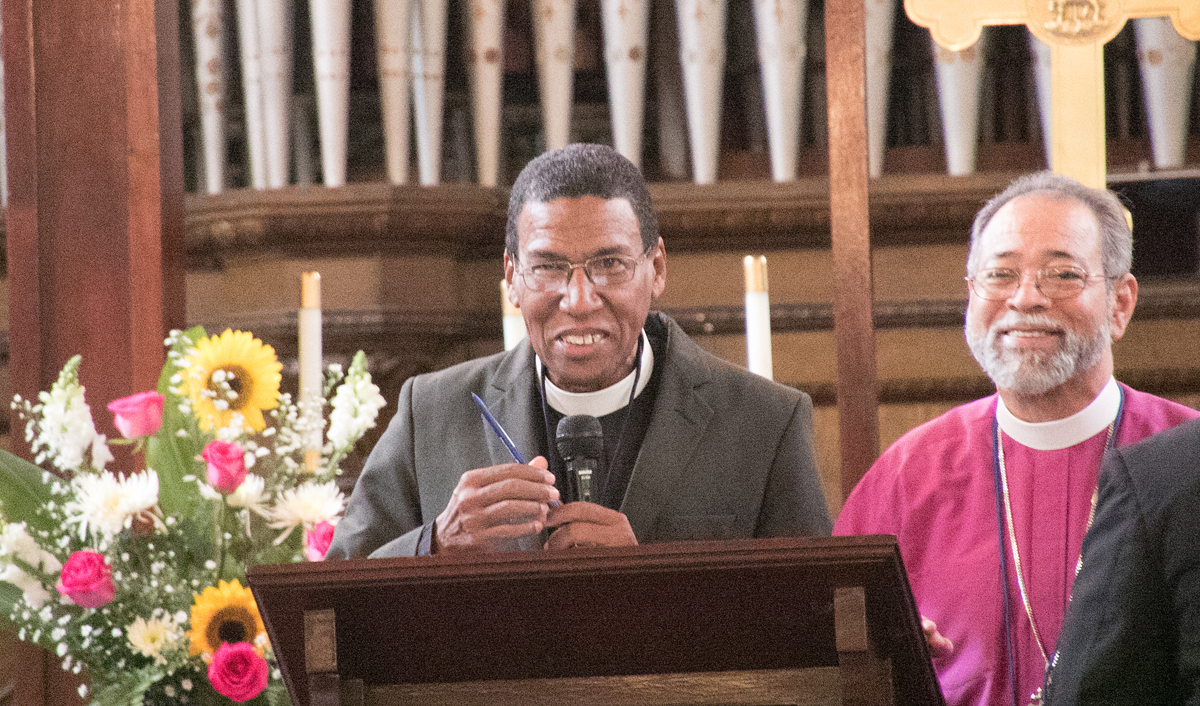
Bishop Coadjutor-elect Quezada with Bishop Holguin in Epiphany Cathedral immediately following his election on July 25, 2015.
